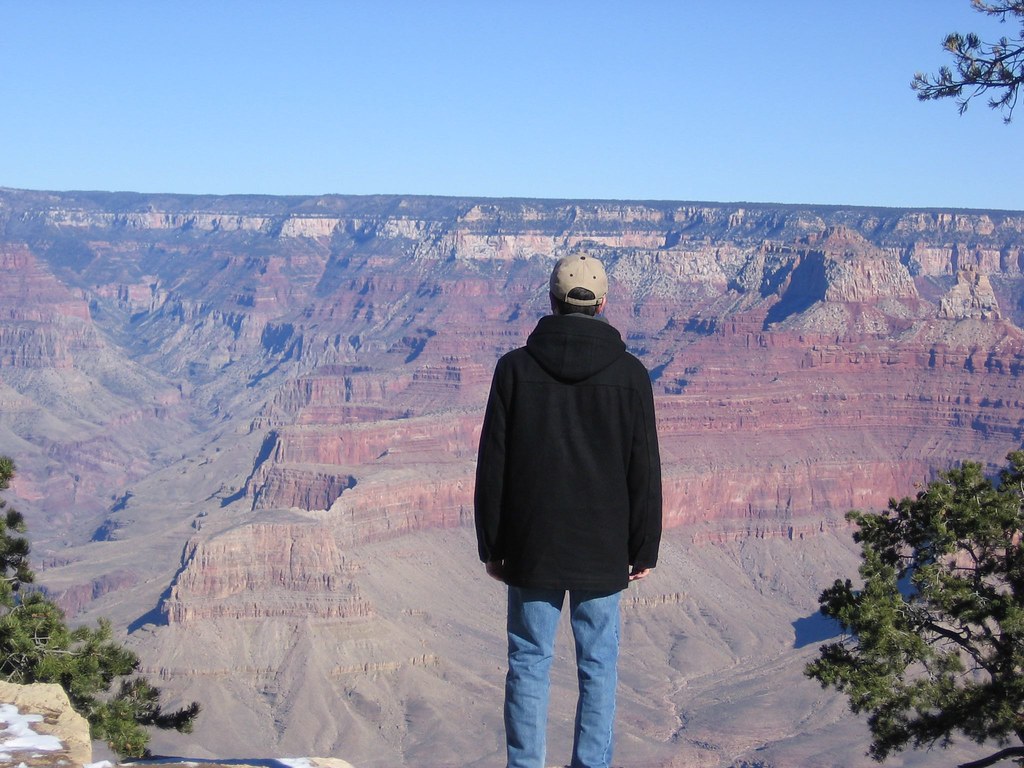Story time again. I'm thinking that it's unfortunate that I don't really get discussions going in my comment sections, because for once I'm going to address controversial stuff, beginning here, but more so in the next or the next few posts.
On to the story.
I was at work, sitting in a room with a bunch of other engineers, running tests on the system we were working with. While there, two of my colleagues got to talking, one of them Israeli, and the other American. I did my work, and listened in on their conversation, because these meetings of cultures are always interesting. Wouldn't you know, they started discussing the Native Americans. The American dutifully explained how we wiped out most of the Native Americans - largely through disease. Then the conversation went where you always knew it would:
And that was it. The conversation ended there, mostly because both people were busy and not too invested in the discussion, but I couldn't help but be curious as to how it would have continued.
Because the Israeli was right. For better or worse, no matter who is to blame, there were many people who were living in Eretz Yisrael, in what is now the State of Israel and was then called Palestine, who are not living there now but never really wanted to leave. Whether by the Jews or by their leaders or by themselves, they were displaced, and their displacement paved the way for the creation of the State. It also created a fairly untenable problem which lasts until today: what to do with these people. The upshot of all of this is that the comparison to the Native Americans is valid, but the Palestinian problem is far more present, and far more pressing than that. As the Israeli hinted to, I suspect it's an ethical discomfort - something that rankles at the edges of the conscience - for many Israelis. I believe that this is one of the reasons behind the pullout from Gaza last year: we just wanted to put our consciences at rest.
I know this is bound to get a bunch of people disagreeing (cuz dys? You there?), but bear in mind that I'm continuing in future posts. I'll discuss more later about what we should feel bad about, whether pragmatism, idealism, or some combination thereof should be our guiding star, as well as some of the various typical responses to this problem.
On to the story.
I was at work, sitting in a room with a bunch of other engineers, running tests on the system we were working with. While there, two of my colleagues got to talking, one of them Israeli, and the other American. I did my work, and listened in on their conversation, because these meetings of cultures are always interesting. Wouldn't you know, they started discussing the Native Americans. The American dutifully explained how we wiped out most of the Native Americans - largely through disease. Then the conversation went where you always knew it would:
American: Yeah, the kids learn about all this in school. It's required. It's really interesting, but kind of depressing.
Israeli: Yes, we have the same thing with our history.
And that was it. The conversation ended there, mostly because both people were busy and not too invested in the discussion, but I couldn't help but be curious as to how it would have continued.
Because the Israeli was right. For better or worse, no matter who is to blame, there were many people who were living in Eretz Yisrael, in what is now the State of Israel and was then called Palestine, who are not living there now but never really wanted to leave. Whether by the Jews or by their leaders or by themselves, they were displaced, and their displacement paved the way for the creation of the State. It also created a fairly untenable problem which lasts until today: what to do with these people. The upshot of all of this is that the comparison to the Native Americans is valid, but the Palestinian problem is far more present, and far more pressing than that. As the Israeli hinted to, I suspect it's an ethical discomfort - something that rankles at the edges of the conscience - for many Israelis. I believe that this is one of the reasons behind the pullout from Gaza last year: we just wanted to put our consciences at rest.
I know this is bound to get a bunch of people disagreeing (cuz dys? You there?), but bear in mind that I'm continuing in future posts. I'll discuss more later about what we should feel bad about, whether pragmatism, idealism, or some combination thereof should be our guiding star, as well as some of the various typical responses to this problem.

3 people hopping:
A post well done. The way of the world is that people are loyal to families. tribes, teams. It is the rare team coach that will point out a foul on his own team, the rare political activist that will admit that there is another side...
Thanks. Maybe I should get on with it and continue this series.
I'm ready to read more.
>> Join the fray <<